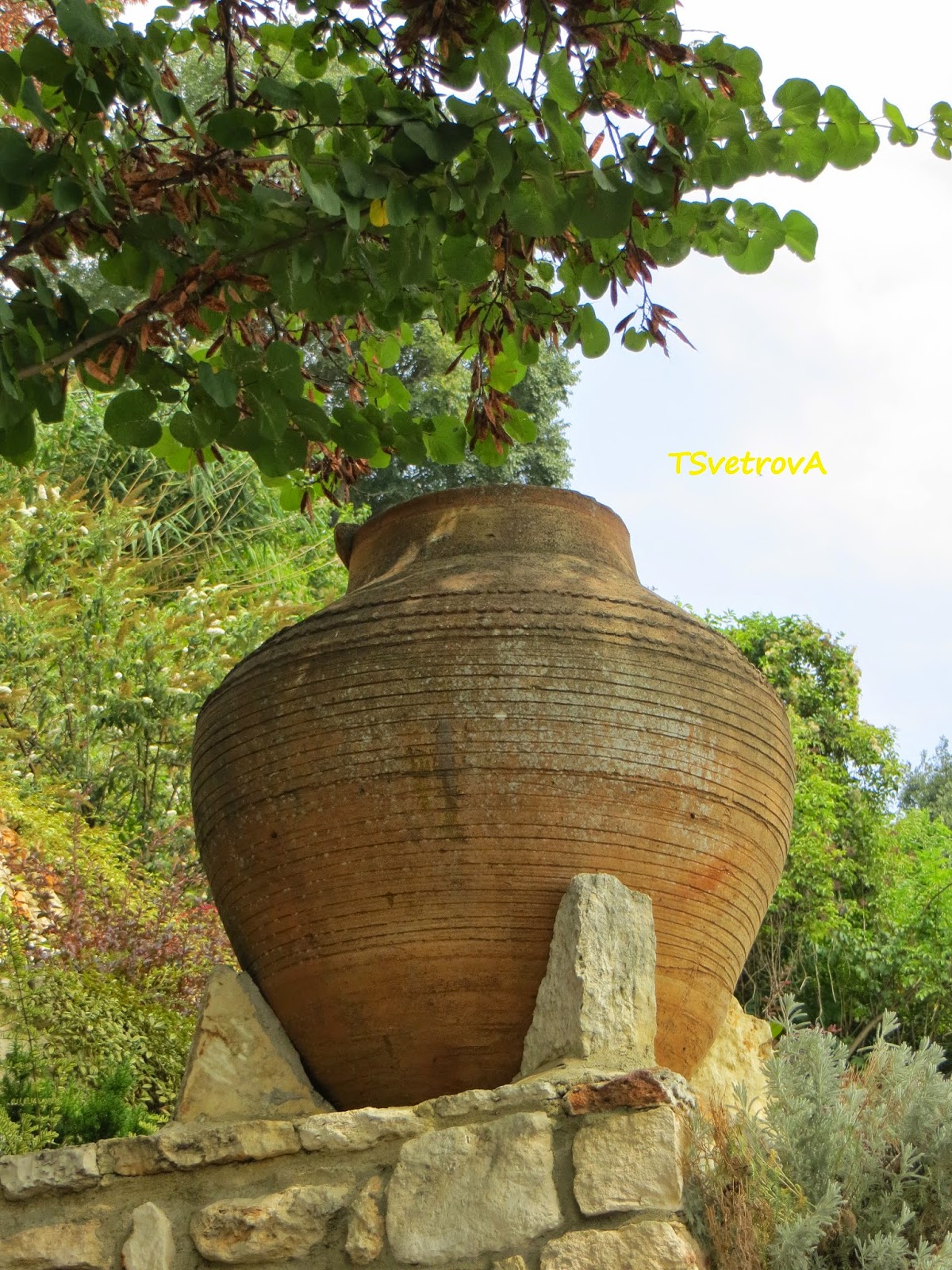Humans and the divine in Bacchae

One more time about the course of Mythology J Among reading tasks and watching special videos, the participants of the course were to fulfill writing assignments. My peer evaluator shared his/her view upon my work in the following way: “The essay answers question 4 by giving both a general reasoning supplemented with specific examples. I also found the way the student weaves in structuralist and functionalist arguments very well thought out. Although answering such a broad question as this would seem to pose a great difficulty, the student manages to be succinct in a very coherent and easy to understand way. Strong writing style, no grammatical or spelling mistakes. The student chooses very interesting and relevant points, both from the reading and from her/his understanding to make the point. The lines from the Bacchae chosen to supplement the argument are interesting and on-point. Again, wonderful use of tools from the mythological tool-box: gave both a structuralis...

